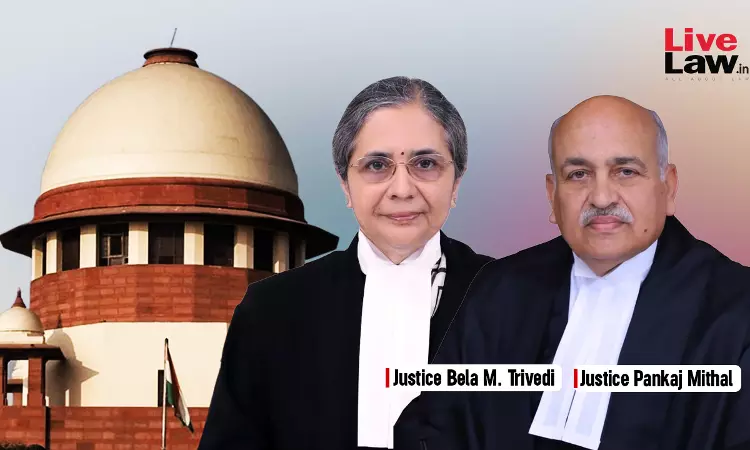Services Rendered By Advocates Come Under Contract Of Personal Service: Supreme Court
Gyanvi Khanna
14 May 2024 6:48 PM IST

Next Story
14 May 2024 6:48 PM IST
The Supreme Court (today on May 14) held that the Services rendered by an advocate would come under the “a contract of personal service” as opposed to a “contract for service”. In layman terms, 'a contract of personal service' relates to an arrangement where an individual is hired for rendering his/ her services. However, in the case of “contract for service” the services...
